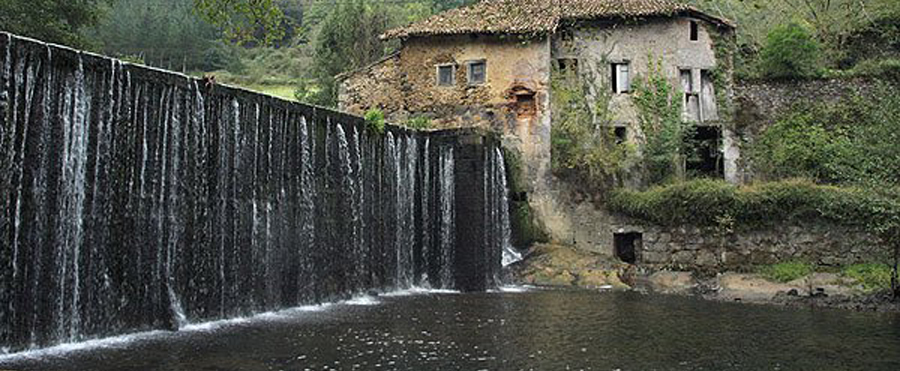Within the framework of the European LIFE VERTALIM project, a group of Basque fish canning companies, the Bilbao Bizkaia Water Authority, URA – Basque Water Board and AZTI will work together to resolve the problem generated by the discharges from food SMEs and integrate their waste water into the urban treatment system in a controlled manner. The initiative, which is co-funded by the Basque Water Board (URA), is being led by the Bilbao Bizkaia Water Authority and coordinated by AZTI, and counts on the participation of Ceit-IK4, and the Aguirreoa, Guenaga, Heisa and Marmar canning companies.
The project’s pilot test will take place in the Lea-Artibai area, where there is a lot of industry from the canning sector, whose waste has a significant impact on the Ondarroa waste water treatment plant (WWTP), run by the Bilbao Bizkaia Water Authority. The group’s first meeting was held yesterday to define the work plan over the forthcoming months.
The project partners will try to alleviate the impact caused by the discharge of waste generated by fish canning plants to the sewerage system. The main feature of these effluents is their high organic load, oils, fats and salt, which is what hinders its appropriate management to a large extent, leading to operating issues at the WWTP, inhibiting the biological treatment stage when all the plants within a particular area discharge their waste at the same time.
The project aims to resolve the problems related to discharges by small food companies into an urban treatment plant in a comprehensive manner, with the following objectives:
Minimisation of discharges at source at canning companies by applying eco-efficient production techniques, minimising the volume and the pollutant load discharged to the sewerage system.
Modelling of the operation of the Sewerage Network and the WWTP in different discharge scenarios.
Implementation of a remote management system in the sanitation network, enabling remote and smart management of the different urban and industrial waste.
Completion of this investment will, on one hand, increase the efficiency and productivity of the companies and, on the other hand, reduce the strain on the water treatment infrastructures, optimising the operation of urban WWTPs. It is a good demonstration of minimisation at source and the safe integration of waste water from SMEs from the food industry into the urban treatment system without damaging the sewerage system and the treatment plant. This will serve as an example for other European regions with the same problem.
The foreseeable benefits of the implementation of the technological solutions include the elimination at source of 30% of discharges by the canning companies to the environment, the reduction of food waste by 10% and an increase in canning productivity of 1%, making the canning sector more sustainable and competitive.
For the Bilbao Bizkaia Water Authority, it will represent the validation of a real-time control system that allows the optimisation of organic and saline loads at an urban treatment plant, ensuring that the effluents treated are discharged properly to the environment at an industrial level.
One of the essential aspects is that it has succeeded in bringing together all of the agents involved in this problem: canning companies, water management entities and administrations in order to reach an integrated solution, enabling the sustainable management of a limited resource, such as water, to be handled jointly.


Free Piano
It is incredibly, very user-friendly and user friendly. Great job for the fabulous site.